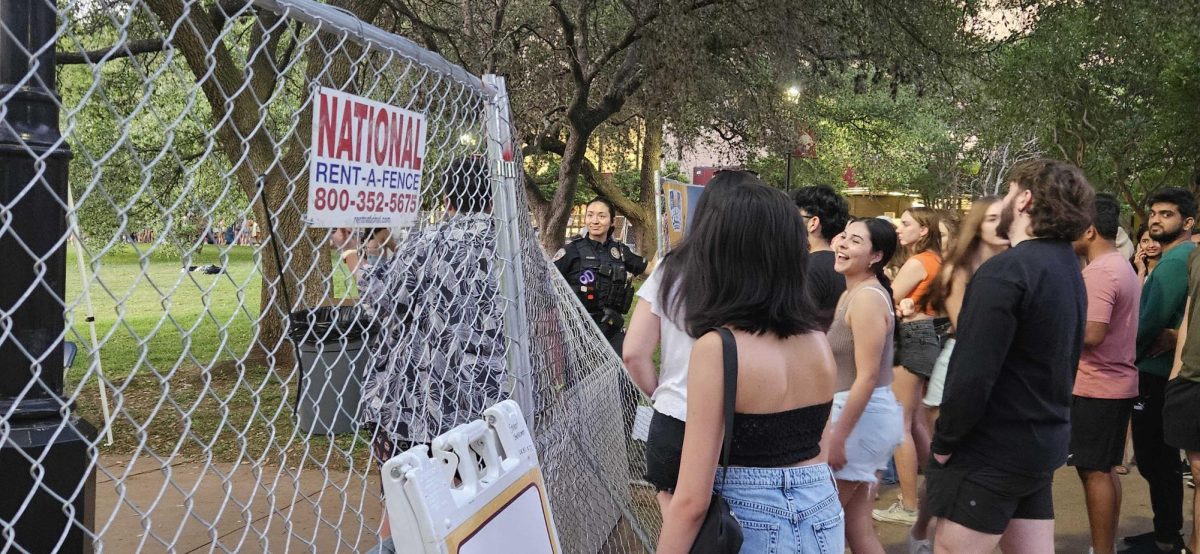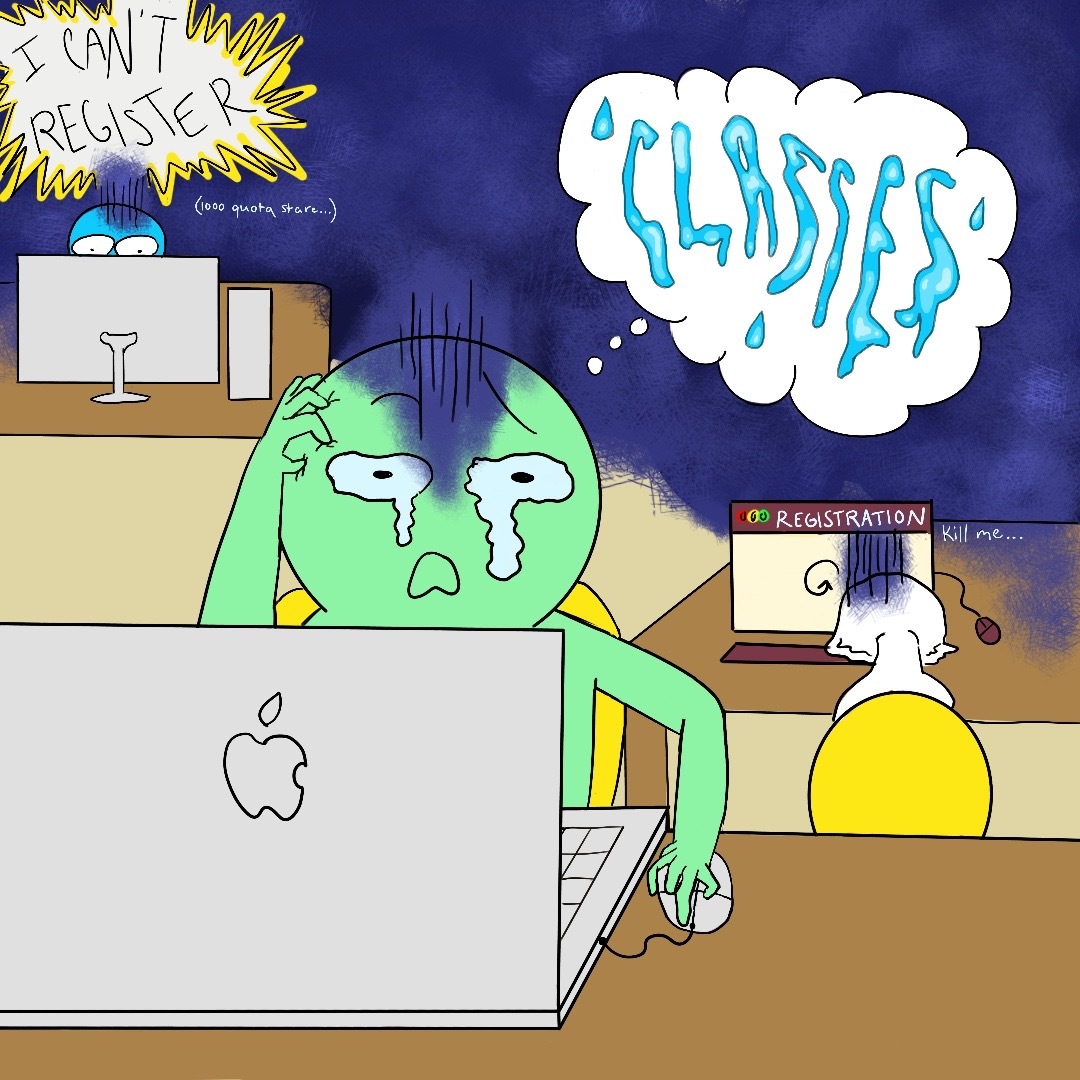The SAT has been a factor in college admissions since the 1920s, but this controversial standardized test is unfair for students who have personal and environmental disadvantages. Students who come from low-income families or suffer from test anxiety are automatically set back in comparison to students that don’t have these concerns.
First, many students cannot afford to take the exam, leaving them without the opportunity to have a college education. Second, there are many external factors that have an impact on a student’s test performance and, consequentially, their scores. For these reasons, the SAT should not be a major factor in college admissions.
The SAT costs about $50 without the essay and about $65 with the essay. This puts low-income students at a disadvantage. Students and their families may not have the means to pay for this exam out-of-pocket and not every student receives waivers to take the exam for free.
There are other costs for the exam as well. Students can purchase SAT practice workbooks online or in-store, but these workbooks are not as helpful as tutoring. Private tutors for the exam are costly, however, ranging from $45-100 dollars per hour. Low-income students do not have the privilege of receiving the additional help a tutor provides since most of them cannot afford to have extra preparations for the exam in the first place.
To add to this, the SAT is not the easiest exam. As a result, many students find themselves having to take the exam more than one time. Students’ families sometimes end up paying double or triple the original amount to provide their children the opportunity to prove themselves worthy of a good education.
Recently, a bribery scandal regarding college admissions was exposed. Fifty people took part in this operation, including two SAT/ACT administrators, a college administrator and an exam proctor alongside many affluent families. Wealthy parents paid thousands of dollars to either help their children cheat on standardized college entrance tests or to bribe college coaches and school officials to accept their kids as college athletes—even if the kids did not play those sports.
This scandal is an indication that people with wealthy backgrounds have an advantage over those that don’t. They are afforded better access to better resources. SAT scores don’t seem to matter when it comes to the wealthy paying SAT/ACT and college administrators to look the other way, so it shouldn’t matter when it comes to lower-income students as well.
Not only are there monetary problems when it comes to the SAT, but there are also problems with students’ mental health. There are many students across the nation who stress about getting into college because of this exam or about not having the resources to prepare or take the SAT.
On the day of an exam, a student might be sick or experience an unfortunate life circumstance. This would have an impact on their test performance. It costs about $29 dollars for a student to reschedule their test day, leaving low-income students with no option but to skip their exam or continue with it even though they are not mentally prepared for it. It also adds even more money to the original cost, which many students or families struggle to pay in the first place.
Mental disabilities also have a great influence on a student’s performance. Test anxiety affects 10 to 40 percent of students. Statistics show that this percentage increases when it comes to standardized testing.
Students with testing anxiety are more prone to having panic attacks while testing due to the stress they may experience. With the SAT having a major influence on students’ futures, the anxiety that comes along with the test can be worsened.
The SAT is supposed to prove a student’s college readiness, but this is one of the worst possible ways to decide if a student can handle college courses. Personally, I made a below average score on this exam both times I took it, but I currently have a 3.4 GPA, proving that a high SAT score does not indicate academic excellence.
The main focus of college admissions should be a student’s GPA in high school, extracurricular activities and job experience if the student had to work to provide for themselves or their family during high school.
The SAT belittles students by making them feel like they are not intelligent or adequate enough for college when this is not true at all. College admission boards need to reconsider how heavily to weigh this make-or-break exam and also explore biases surrounding the SAT test if money isn’t their first priority.
– Kindalynn Ortega is a mass communications freshman





















